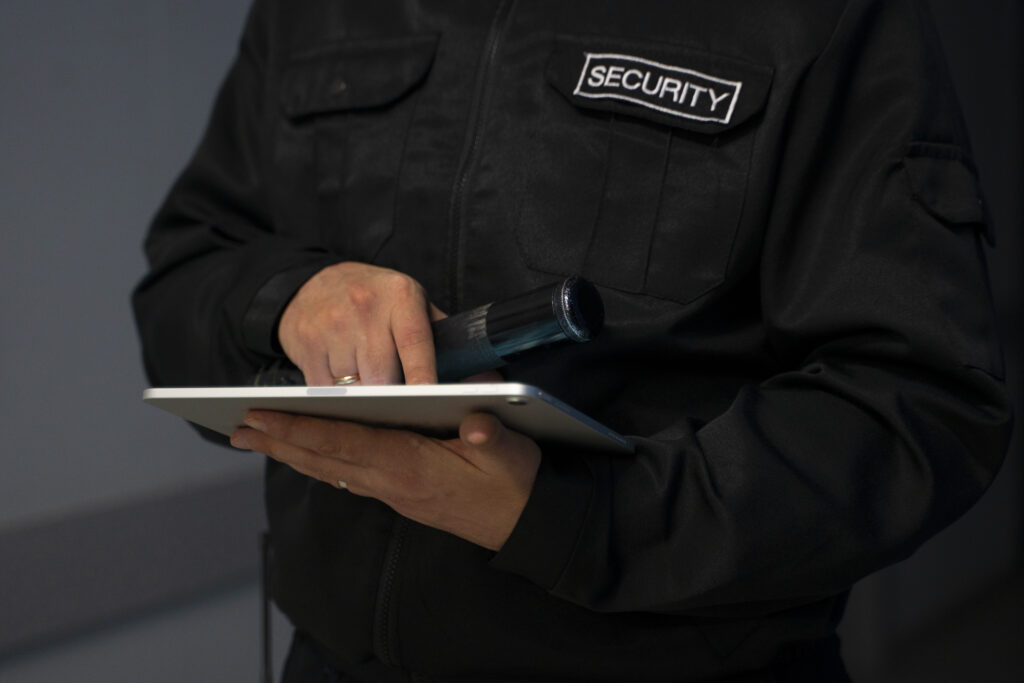
In modern times, safeguarding property and assets has become more crucial than ever. Whether it’s protecting a home, business, or industrial site, CCTV systems have become a staple for monitoring and deterring criminal activity. Many homeowners and small business owners consider DIY installation to save money. While this may work for some, there are apparent differences between DIY and professional CCTV installation services that can impact effectiveness, longevity, and overall security.
DIY CCTV Installation
Cost Savings
Purchasing a CCTV kit and installing it yourself avoids the labour fees charged by professional installers. Many systems come with detailed manuals and online tutorials, making it possible for someone with basic technical skills to set up cameras, connect them to a recording device, and configure remote access.
Flexibility and Convenience
DIY kits often allow homeowners to choose precisely where to place cameras and how to configure them. You can experiment with angles and coverage areas without waiting for an appointment or coordinating schedules with a professional. This flexibility is appealing to those who enjoy hands-on projects or want to avoid external contractors entering their property.
Learning Opportunity
Installing your CCTV system can be educational. You gain hands-on experience with cameras, networking, and system settings. For tech-savvy individuals, this can be both satisfying and empowering, allowing them to troubleshoot minor issues without relying on outside help. Despite these benefits, DIY installation also presents notable challenges and potential drawbacks.
Professional CCTV Installation
Expertise and Experience
Professional installers bring specialised knowledge to the table. They understand different types of cameras, lenses, and recording devices and know how to optimise placement for maximum coverage and minimal blind spots. This expertise ensures that the system functions correctly from day one.
System Design and Planning
Professionals don’t just install cameras—they design the system. They assess your property, identify vulnerabilities, and recommend the correct type of cameras and positions to ensure comprehensive coverage. They also consider factors such as lighting conditions, weather protection, and potential interference.
Quality Assurance
Having a CCTV system installed professionally ensures dependable performance backed by a reliability guarantee. Installers test the system thoroughly, configure settings to ensure smooth recording and remote access, and often provide post-installation support. This level of quality assurance is hard to achieve with a DIY setup.
Integration with Other Security Measures
Many modern CCTV systems can integrate with alarms, motion detectors, and smart home devices. Professionals understand how to connect these systems seamlessly, allowing you to monitor and respond to incidents more effectively. Attempting this integration without experience can lead to errors or system malfunctions.
Time and Stress Savings
Installing a CCTV system is more complicated than it seems. Running cables, configuring network settings, and troubleshooting issues can take hours or even days for inexperienced users. Professional installers handle the work efficiently, saving you time and reducing stress.
Key Differences Between DIY and Professional Installation
Skill Level Required
DIY installation relies on the homeowner’s ability to follow instructions and handle technical setups. Professionals, on the other hand, have years of training and experience, allowing them to handle complex installations that may be difficult for an average user.
System Reliability
A DIY system may work initially, but mistakes in camera placement, wiring, or software configuration can compromise performance. Professional systems are designed for consistent operation, ensuring you capture clear footage without interruptions.
Coverage and Placement
Proper placement is crucial for effective CCTV surveillance. Professionals conduct thorough site assessments to cover blind spots, ensure overlapping fields of view, and consider lighting and environmental factors. DIY installers often rely on guesswork, which can leave gaps in coverage.
Long-Term Support
Professional services often include warranties, technical support, and maintenance plans. If something goes wrong, a qualified technician can resolve the issue quickly. With DIY systems, troubleshooting and repairs are entirely the homeowner’s responsibility.
Cost vs Value
While DIY may save money upfront, professional installation offers long-term value. A well-designed and installed system reduces the risk of missed incidents, potential theft, or property damage, making it a smarter investment in security.
Conclusion:
Choosing between DIY and professional CCTV installation and CCTV Monitoring Services depends on your needs, property, and budget. DIY may offer cost savings and a hands-on experience, but it carries risks related to placement, reliability, and long-term support. Professional installation provides expertise, thorough planning, integration capabilities, and consistent quality—making it a valuable investment for both homeowners and businesses.
Ultimately, security is not just about installing cameras—it’s about ensuring that every angle is covered, every function works properly, and your property remains protected. Whether you choose DIY or professional service, understanding the differences will help you make an informed decision that balances cost, convenience, and security effectiveness.





